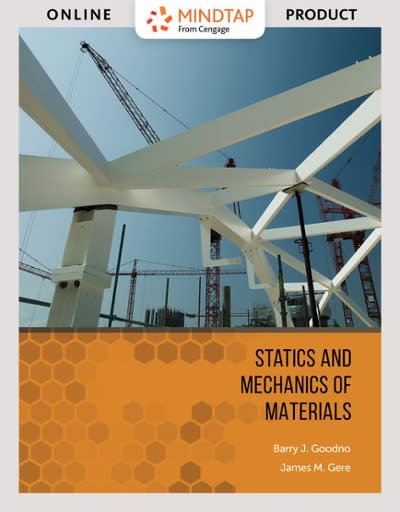Question
Short-swing trading is when insiders (typically officers, directors, and shareholders owning 10% of the securities) buy and sell stocks in their own corporation. Federal law
Short-swing trading is when insiders (typically officers, directors, and shareholders owning 10% of the securities) buy and sell stocks in their own corporation. Federal law provides for recovery by the corporation of "profits" gained by insiders within a six month period. For example, if a high-up director of Google buys and sells Google stocks, he or she is short-swing trading as they are benefiting from the profits of their own stock. Any buying and selling of stocks in a internal manner qualifies.
In 2014, trucking company, YRC Worldwide Inc. restructured its debt with Solus Alternative Asset Management LP. Three years after it closed, the judge deemed" the hedge fund didn't run afoul of federal securities trading laws and can keep its profits from the debt-cutting transaction" (Scuria, 2017). The judge resurfaced short swing rules through the Securities Exchange Act, clarifying the laws and noting that it prohibits trading on information an investor might learn because of a close connection to the company. The review of these laws deemed Solus liable as an insider.
What are your thoughts on this?
Step by Step Solution
There are 3 Steps involved in it
Step: 1

Get Instant Access to Expert-Tailored Solutions
See step-by-step solutions with expert insights and AI powered tools for academic success
Step: 2

Step: 3

Ace Your Homework with AI
Get the answers you need in no time with our AI-driven, step-by-step assistance
Get Started


